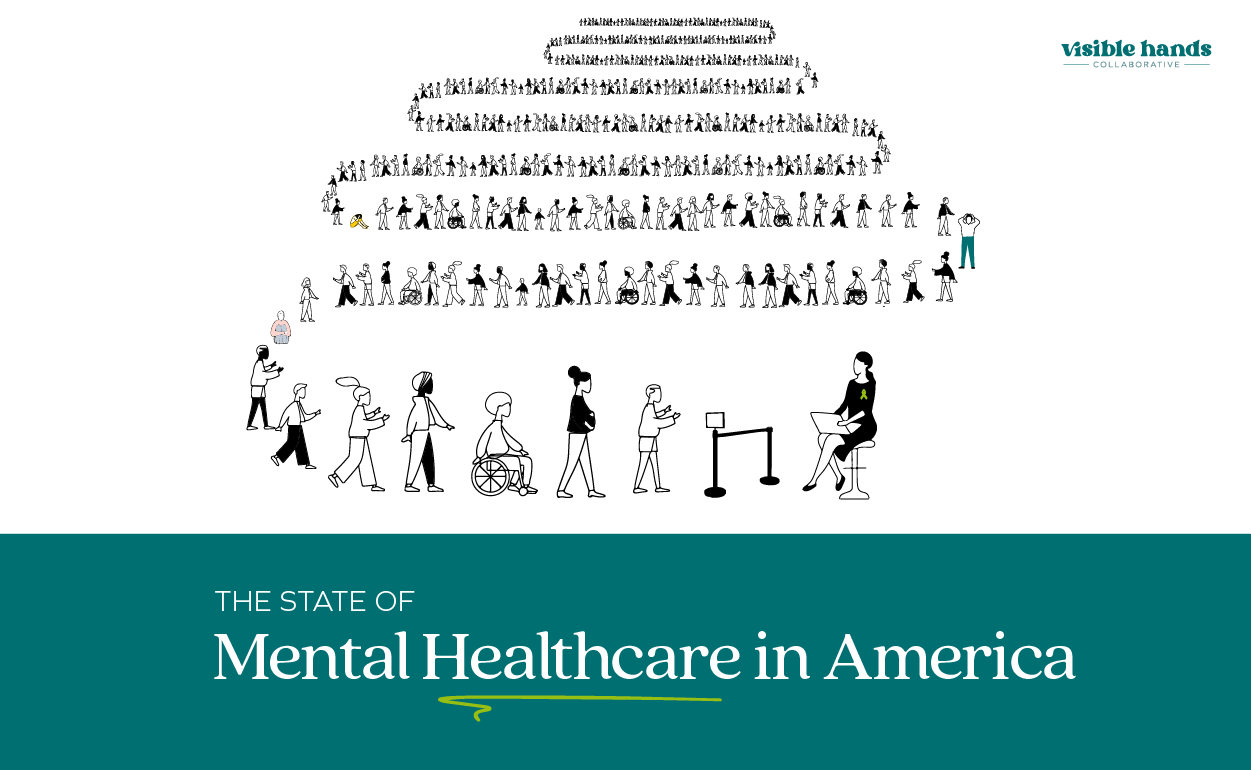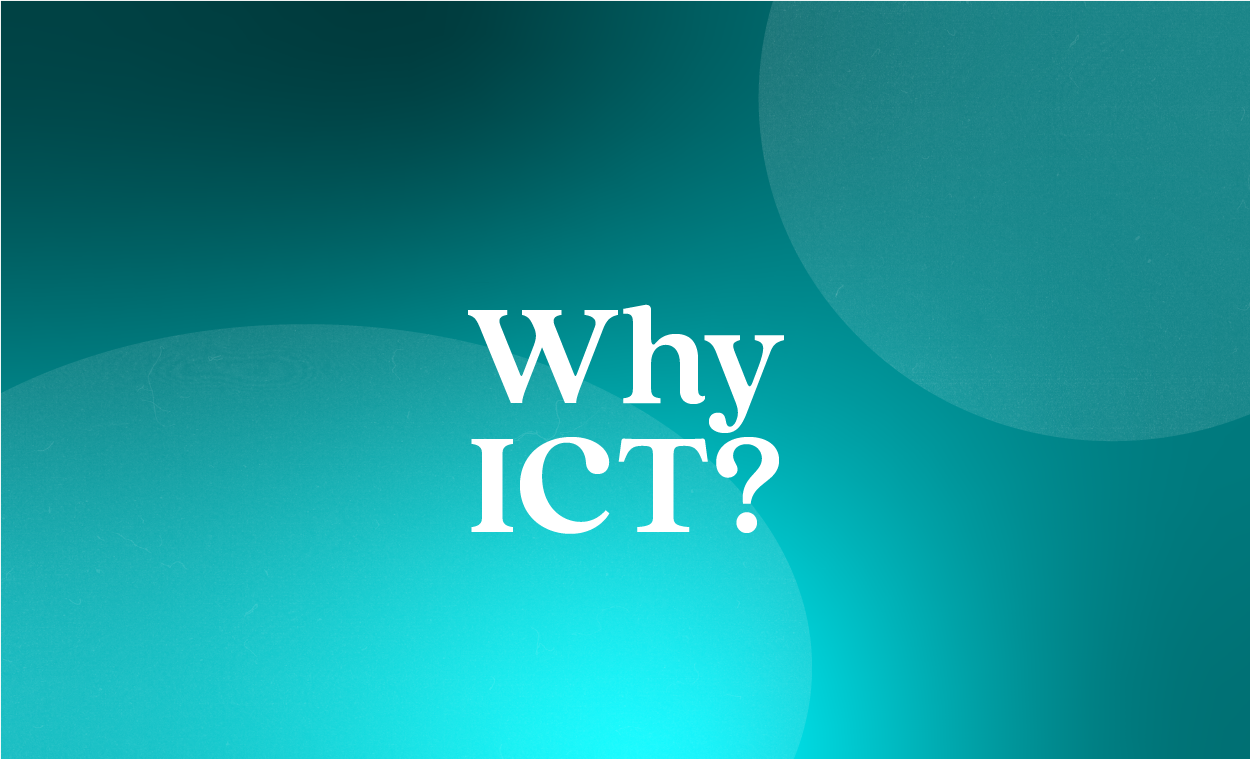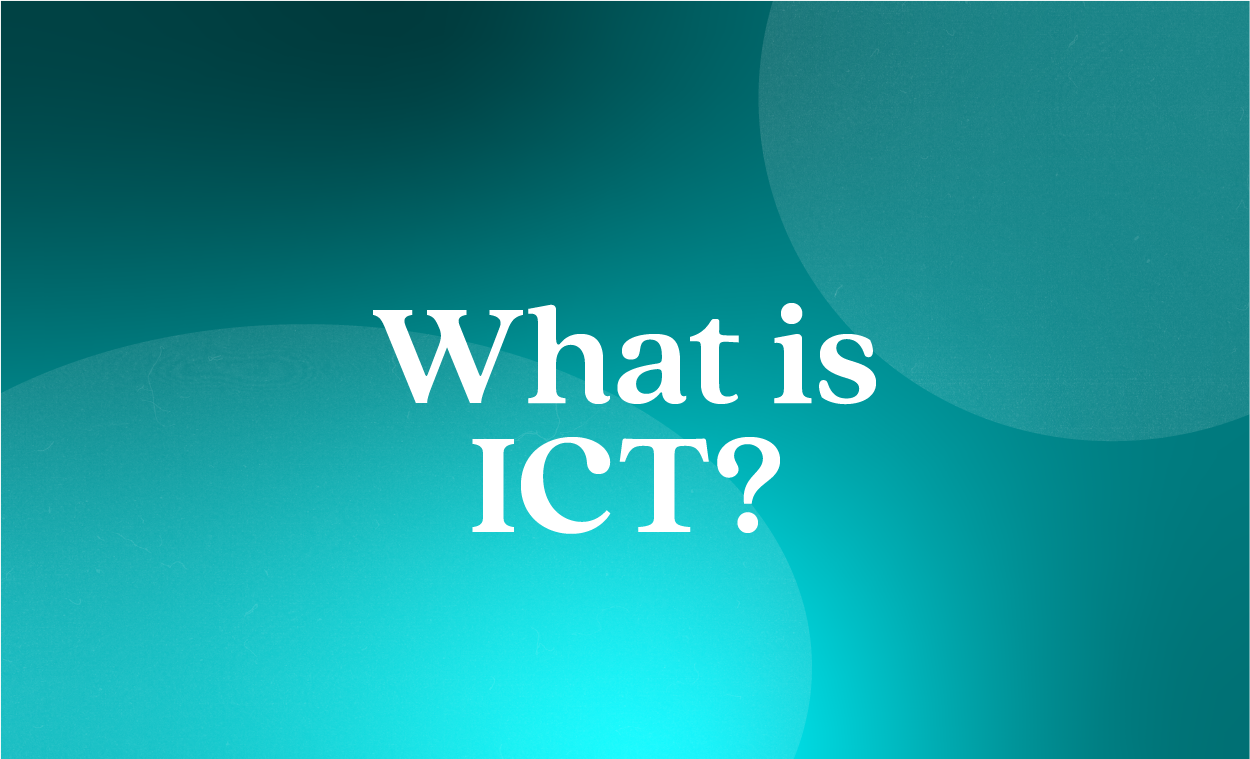The State of Mental Healthcare in America

People are Dying...
and our Mental Healthcare System Can’t Cope
We have a moral imperative to utilize alternative solutions to disrupt and begin healing the mental health emergency in America.
As Suicide, Addiction, Violence and Depression Skyrocket, Our Existing Healthcare System is Unable to Keep Up
130 people in America will commit suicide today (AFSP,
Suicide statistics 2022). Let that sink in for a moment:
130
families will mourn the loss of a loved one lost to suicide
today. Over
900
funerals will be planned this week with suicide listed as the cause of death. Nearly 4,000 lives will be extinguished due to suicide
every month in America alone. There were
1.2 million
suicide attempts in 2020. Of those, 25% were successful in their attempts. What does this mean for the other 75%? What could have saved the lives of the 45,000 that were lost to suicide?
One thing is for certain: the mental health model of clinical care is overwhelmed and unable to serve the demands of individuals in need of help. Adding to the problem are overdoses, violence, depression, anxiety and other mental health emergencies, catapulting America into a full-blown epidemic. As Dr. Barreto has wisely stated, "A crisis comes to us as a way to show that an interactive model has broken down, or has been exhausted, and therefore,
needs to be rebuilt."
‘At Risk’... to be Failed by the System
The mental health model of clinical care is overwhelmed and unable to serve the demands of individuals, particularly those experiencing mild to moderate mental health challenges. Integrated systems to prevent the escalation of individual needs cannot be addressed in traditional clinical settings. Why? Clinical, traditional mental healthcare boasts an insufficient and, frankly, inappropriate preventative model, offering only one-on-one talk therapy as the solution.
This model of one-on-one talk therapy, which was designed to be preventative, fails to account for the lack of insurance coverage, costly service options, lack of equitable access in lower income communities, language barriers, cultural barriers as well as the stigma associated with mental health and a need for therapy. This one-size-fits-all approach cannot even be described as one-size-fits-most. At best, it suits
some. In addition, American individualistic values and the resistance to relying on others creates a roadblock of enormous proportions. As such, the model that was meant to be preventative isn’t reaching those that may need it the most and is conversely perpetuating the issue at hand.
There is a Solution, But Are We Too Stubborn to Adopt It?
There is a way to overcome the mental health emergency in America, but it will require us to reevaluate our idea of “therapy” and abandon our individualistic values. A model of community-initiated care is being used around the world that has proven
extremely
successful. So successful, in fact, that it boasts success rates of nearly 90% in resolving the issue that brought them to “therapy” in the first place (Barreto et al., 2011).
So what is this seemingly “too good to be true” solution that has impacted (and likely saved) the lives of millions around the world? Terapia Comunitária Integrativa was developed by Dr. Adalberto Barreto in Fortaleza, Brazil in response to an increased need for mental health services in impoverished neighborhoods, or favelas. The model is based on five steps, or participatory proceedings, that elicit community conversation and knowledge-sharing in a group of up to 200 people.
However, American individualistic values and the resistance to relying on others creates barriers to community based care. Add to that the post-Covid isolation, the stigma of mental health needs, and more, and you’ve got a dumpster fire of resistance, discarding community-based solutions that are not only affordable, but culturally relevant to those being served.
Is Self Reliance Killing Us?
When a model demonstrated in 36 countries that has served over 2 million people over the course of three decades has been accepted and proven as a formal level of care, we cannot NOT act to embrace this option. It is virtually unethical to not seek and adopt alternative options of care with skyrocketing suicide rates, violence, addiction, depression and anxiety rates in the United States. Americans are notoriously stubborn, prideful and individualized… and it’s quite literally killing us.
Of 12,000 Brazilian TCI participants surveyed in 2004, only 11.5% required a referral for further mental health specialty services, while 88.5% reported that the issue that brought them to TCI had been resolved through the community-based model of conversation and healing. A similar survey was conducted in 2008 boasting equivalent results: 87.8% of participants resolved their initial complaint through attending TCI and only 12.2% required further intervention. Based on this, Barreto and his team concluded that by providing preventive and primary care-based TCI services to individuals experiencing anxiety, depression, or other minor to moderate mental health complaints, they had successfully diverted community members away from expensive and excessive specialty services that often have harmful adverse health effects (Barreto et al., 2011). Not only did they divert community members from further (likely unnecessary) intervention, but they allowed for the time and resources of specialists to be left available to those who truly needed further intervention.
It’s Time to Take Back Our Mental Health – and Mental Healthcare
We believe that community has the power to heal. Visible Hands Collaborative is pioneering the use of Integrative Community Therapy, inspired by the Brazilian model of TCI, as a first line of defense in the fight against the mental health emergency in America. By taking matters (and healthcare) into their own hands, individuals and communities will thrive again and tens of thousands of suicides will be prevented each month.
Our mission is to introduce and implement Integrative Community Therapy in communities, universities, churches, schools, and healthcare systems nationwide, promoting peace and healing in both individuals as well as communities. This model can unleash the capacity for emotional healing that resides in our communities using methods that are inclusive, accessible and equitable, effectively disrupting the mental health care system as we know it.
Sources
Suicide statistics (2022) American Foundation for Suicide Prevention. American Foundation for Suicide Prevention. Available at: https://afsp.org/suicide-statistics/ (Accessed: December 13, 2022).
Barreto, A. (2011). Terapia Comunitaria Na ESF/SUS. Retrieved April 4, 2020, from https://pt.scribd.com/document/270489889/terappia-comunitaria-na-ESF-sus-pdf




